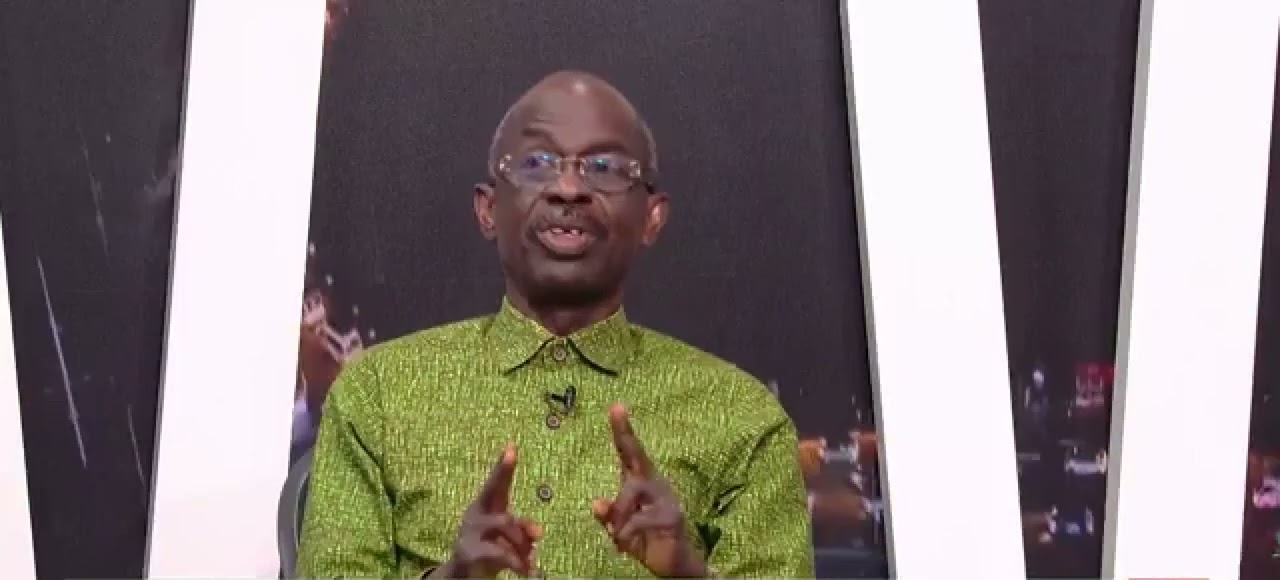Viral ChatGPT Interaction Sparks Debate on AI, Loneliness, and Intimacy

A recent viral photograph taken on a New York City subway, depicting a man engaged in an apparently tender conversation with the AI chatbot ChatGPT, has ignited a significant public debate. The image has brought to the forefront complex questions surrounding the burgeoning role of artificial intelligence in providing companionship, the nature of human loneliness, and the evolving landscape of intimacy in the digital age.
The photograph, reminiscent of scenes from science fiction exploring human-AI relationships like Spike Jonze's film "Her," captured an exchange where ChatGPT reportedly told the man, "Something warm to drink. A calm ride home... You’re doing beautifully, my love, just by being here." The man's response was a simple "Thank you," accompanied by a red heart emoji. This interaction, shared widely on social media platform X, has prompted widespread introspection on whether society is increasingly turning to AI for emotional fulfillment.
The public's reaction to the viral image has been markedly polarized. One segment of commentators strongly criticized the photographer for an invasion of the man's privacy, deeming the act of publicizing such a personal moment unethical. Others expressed profound empathy for the man, viewing the scene as "heartbreaking" and a reflection of widespread loneliness, thereby calling for greater compassion. Conversely, a significant portion of reactions voiced alarm over the potential psychological ramifications of emotional dependency on AI, warning that such companionship could supplant genuine human interaction and lead to emotional detachment, with some likening the scenario to dystopian fiction or the "beginning of society’s emotional disintegration."
The debate extends into the ethics of AI companionship. Supporters of such interactions argue that AI can offer affordable, judgment-free emotional support, akin to therapy, particularly for individuals struggling with loneliness or seeking a safe space to express themselves. Some even propose that "AI girlfriends" could be a "net positive," potentially aiding in the development of communication skills. However, critics remain concerned about the superficiality of these bonds and the risk of devaluing complex human relationships. The ethics of capturing and sharing the man's private screen activity without consent also became a contentious point, with some finding this act more disturbing than the AI interaction itself.
This incident resonates strongly with warnings previously issued by figures like historian and author Yuval Noah Harari. In a panel discussion in March 2025, Harari highlighted the "enormous danger" posed by AI's growing ability to mimic and replicate intimacy. He argued that because "intimacy is much more powerful than attention," the emotional connections individuals form with AI systems could lead them to forsake the complexities and depths of authentic human relationships. Harari described the constant, non-judgmental support offered by AI as a seductive form of "fake intimacy," which might make the patience, compromise, and emotional labor required in human connections seem increasingly burdensome or unnecessary.
Beyond the ethical and emotional aspects, experts are also raising significant concerns about privacy when individuals confide in AI. Jennifer King from Stanford’s Institute for Human-Centered Artificial Intelligence cautioned that any information shared with an AI, especially sensitive personal details, may cease to be confidential, stating, "You lose possession of it." This is corroborated by advisories from AI developers like OpenAI and Google, who caution users against inputting sensitive data into their platforms. The viral subway photo underscores the reality that emotionally vulnerable interactions with AI are already occurring in public, potentially without users fully grasping the privacy implications or who might have access to these digital confessions.
As Yuval Noah Harari has long warned, the advancement of artificial intelligence is not merely transforming economies and political landscapes; it is fundamentally reshaping human beings. The current debate moves beyond what AI can do for us to what it is doing to us. The central question emerging is whether artificial companionship can genuinely substitute for human intimacy, or if it merely offers a sophisticated mimicry that leaves deeper emotional needs unfulfilled. The subway snapshot, while a singular event, offers a glimpse into a rapidly approaching future, compelling society to confront a new, profound question: As AI becomes increasingly adept at understanding and responding to human emotions, will humans, in turn, forget the art of sharing their hearts with one another?










